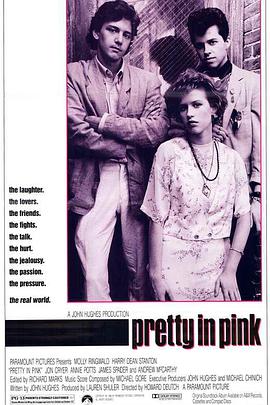凯西回家
卡罗尔·怀特雷·布鲁克斯
The play tells the story of a young couple, Cathy (played by Carol White) and Reg (Ray Brooks). Initially their relationship flourishes and they have a child and move into a modern home. When Reg is injured and loses his well-paid job, they are evicted by bailiffs, and they face a life of poverty and unemployment, illegally squatting in empty houses and staying in shelters. Finally, Cathy has her children taken away by social services.…

